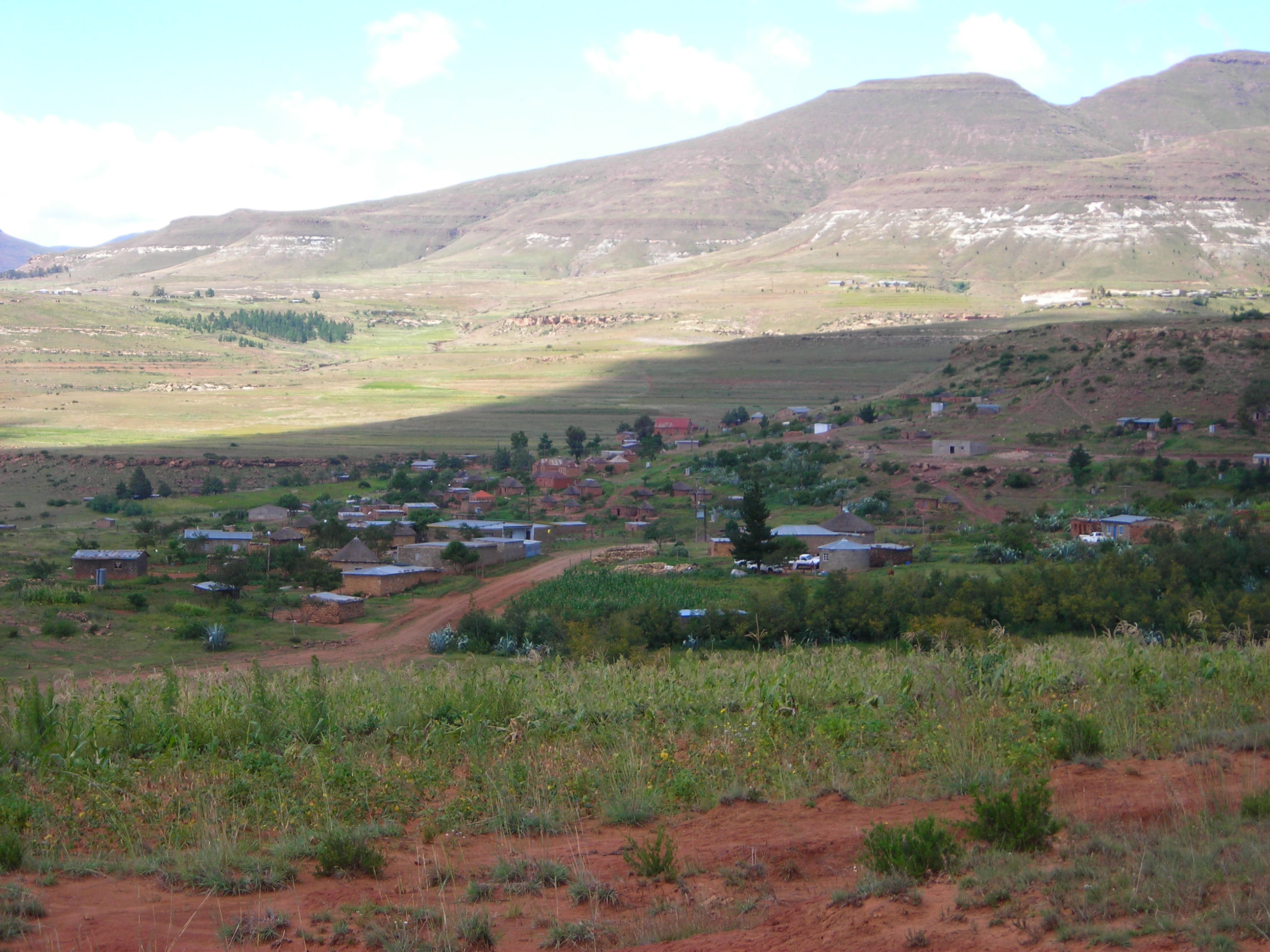Political Violence: The cloud looming over Lesotho

Tsoelike Auplas
Last week in Lesotho, opposition leaders Tom Thabane and Thesele ‘Maseribane fled to Botswana and South Africa, again seeking protection from SADC against what they said were assassination attempts by the Lesotho Defense Force. As Lesotho under Prime Minister Mosisili continues its pattern of political crisis, it begs the question just where political violence is rooted in a country often described as “homogenous.”
First, it should be noted, that despite all the high-political machinations and high-profile assassinations over the past 9 months, everyday life in Lesotho has not been greatly affected. These are the squabbles of the political elite. Where everyday Basotho are affected is in the absence: The absence of strong government policy on HIV/AIDS; The absence of fresh proposals to bolster popular programs like the old-age pension scheme; The absence of a plan to get security forces to stop shooting at each other.
Why are politicians and top security leaders seemingly always at each other’s throats? Surely it has to do with the poverty of the country and the outsized influence that comes with controlling appointments to the civil service — one of the largest employers in the country.
On another level, however, perhaps it is better to look to South Africa and the machinations of the ANC as a model for what is happening in Lesotho. Periodically over the last decade or more, the ANC has gone through a round of internal purges, often somewhat opaque to outsiders, but certainly a distraction from governing. The ever-present splintering of political parties in Lesotho and the internal machinations in the Lesotho Defense Force resemble nothing so much as the inner circle of the ANC: A small ruling elite maneuvering for control of the levers of power seemingly not answerable to the populace.
The 1980s and 1990s were the period during which most of Lesotho’s current leaders cut their chops. The military commanders were coming up through the ranks in an institution that had close ties both to the ANC-in-exile in Maseru and the South African security forces. Similarly, the current politicians came of age in a fractured and factional BCP that had to operate partially underground, partially in exile, and partially in collaboration with the non-elected BNP and military-run governments.
Lesotho in the 1980s was not a place where respect for the rule of law came first. The lessons learned by today’s leaders in that generative moment seem to be still fueling an environment where soldiers threaten judges on the bench, and where no charges are ever filed in conjunction with public violence on the eve of national elections.
In recent days, civil society in Lesotho has been more outspoken about the climate of violence and impunity, but threats remain, especially to journalists. Will aid cuts or diplomatic pressure bring a solution?
While these sorts of gestures are better than nothing, what Lesotho needs is fundamental political reform, a respect for the rule of law, and, perhaps, a fundamental rethink of the forms of democracy in the Mountain Kingdom so that not only can Basotho “Kena ka Khotso” (Come in Peace), as the border gates say, but “Lula ka khotso” (Stay in Peace).



















